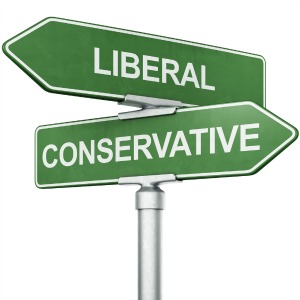Keywords: Society Of Jesus
There are more than 200 results, only the first 200 are displayed here.
-

EDUCATION
- Frank Brennan
- 13 August 2013
1 Comment
'You are the first generation of Catholic educators who will not have members of religious orders or congregations present in any number at all in your staff rooms and in your classrooms. Thus the need for lay Catholic educators to cultivate their spirituality while also being attentive to the demands of Church and the Church hierarchy.' 6th International Conference on Catholic Educational Leadership, Sydney, 13 August 2013.
READ MORE
-

RELIGION
- Frank Brennan
- 23 May 2013
2 Comments
Fr Frank Brennan's keynote address at the Archdiocese of Canberra and Goulburn Clergy Assembly, St Clement's, Gaylong, on 22 May 2013
READ MORE
-

RELIGION
- Andrew Hamilton
- 02 May 2013
40 Comments
The future of the Catholic tradition will not rest with Liberal, Conservative or Evangelical Catholicism. Not because those who would define themselves as members of such groupings are liberal or conservative, but because they are essentially reactive. They derive their energy from opposition to the perceived weakness or wickedness of other groups.
READ MORE 
-

RELIGION
- Andrew Hamilton
- 28 March 2013
24 Comments
Pope Francis will celebrate Holy Thursday Mass among young offenders who are marginal in any society. His gesture says something about Easter, and about the implications of his desire for a Church of the poor. Those who stand in solidarity with the marginalised will themselves become marginalised.
READ MORE 
-

RELIGION
- Andrew Hamilton
- 21 March 2013
24 Comments
The relationship between the Catholic Church and the poor was explored most seriously in Latin America. I caught its dimensions most vividly in a dawn trip on a clapped out US school bus to a small regional town in El Salvador.
READ MORE 
-

RELIGION
- Frank Brennan
- 18 March 2013
3 Comments
Change is upon the Church. Just recall the scene when the new pope emerged on the Vatican balcony. He appeared with none of the papal trimmings of office, and did not once did he refer to the papacy. Could something of this new papal style help Catholics engage more creatively with their fellow citizens? Text from Frank Brennan's lecture 'How Can the Catholic Church Contribute to a Better Culture for Life?'
READ MORE
-

RELIGION
- Paul Mitchell
- 25 February 2013
71 Comments
David hated that he could not be himself at church. He considered suicide. But he couldn't give up on the God he believed loved him for who he was. One day he read a line in a local church's values statement: 'We regard each person as a valuable member regardless of sexual orientation'. 'Let's see if they're serious,' he thought.
READ MORE 
-

ECONOMICS
- Andrew Hamilton
- 07 February 2013
8 Comments
There is often a natural antipathy between the financial sector and the community sector. If you give the dog a bone, say the money men, he will only rub it in dirt and bury it. If you give the bank a bone, say the community workers, it will charge you interest on the transaction. But sometimes we are nudged to reconsider our reflexive prejudices.
READ MORE 